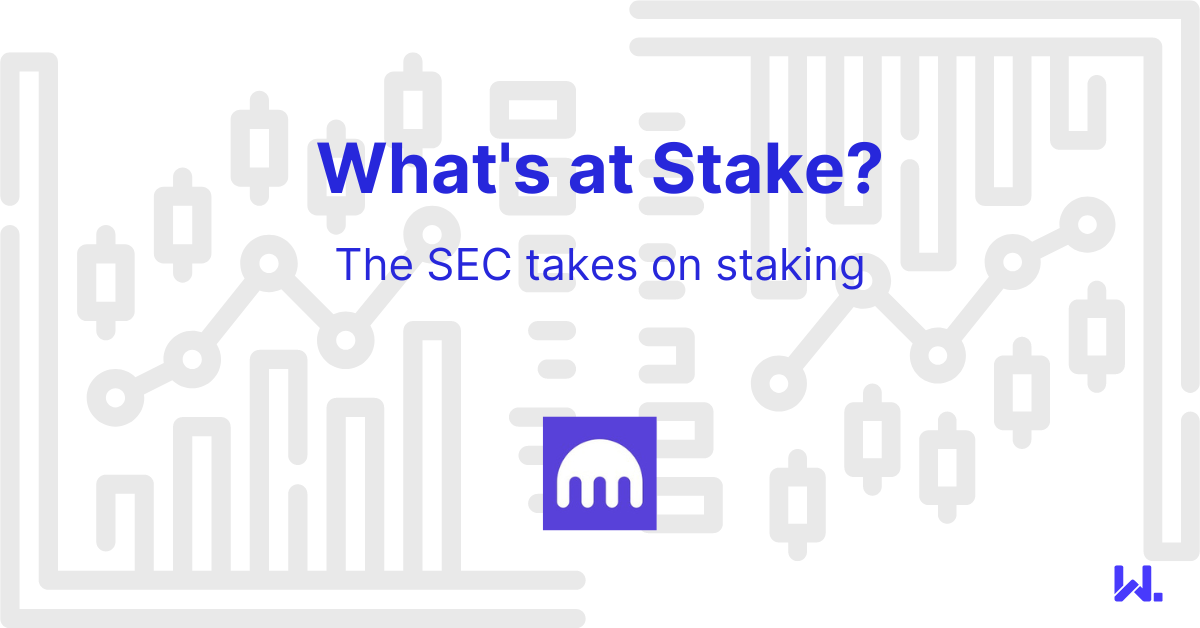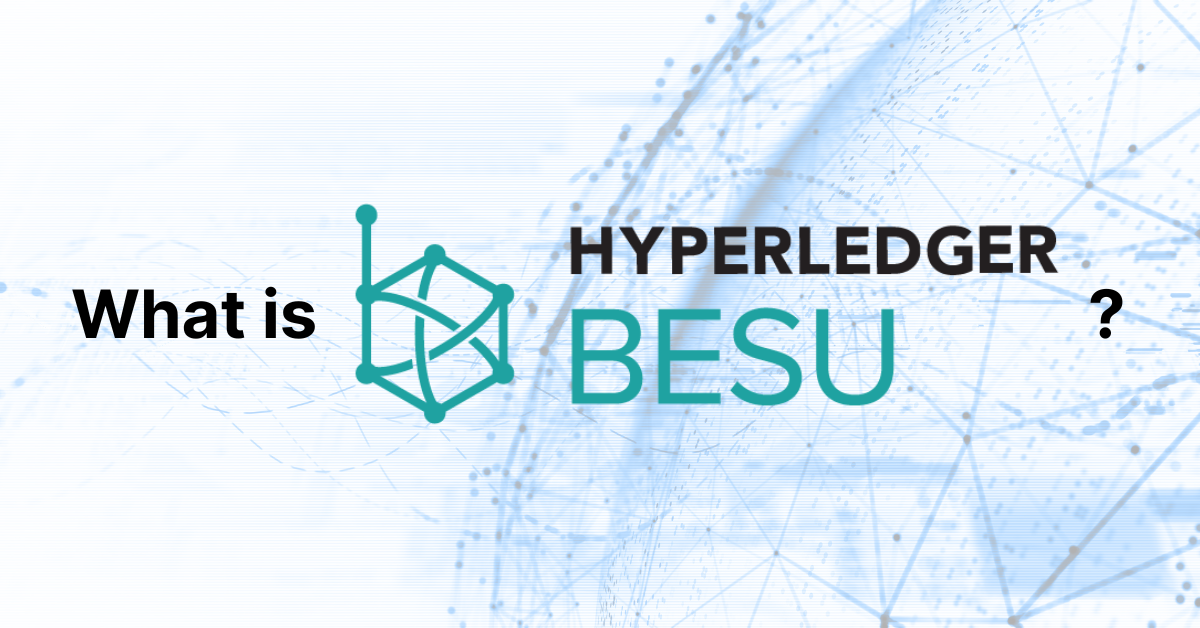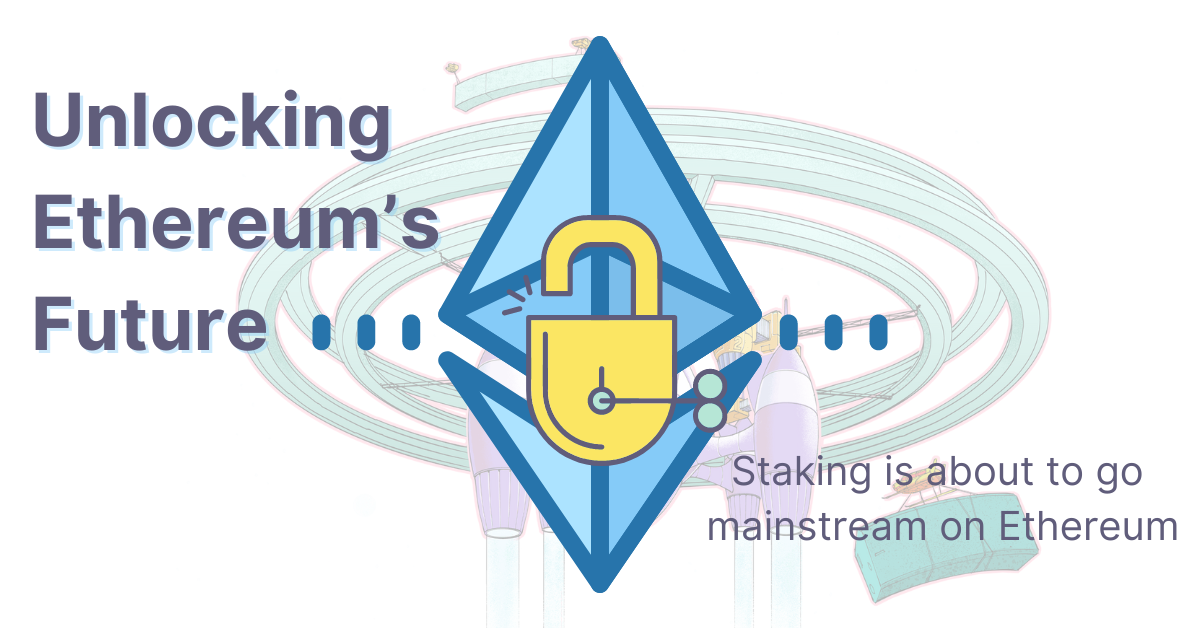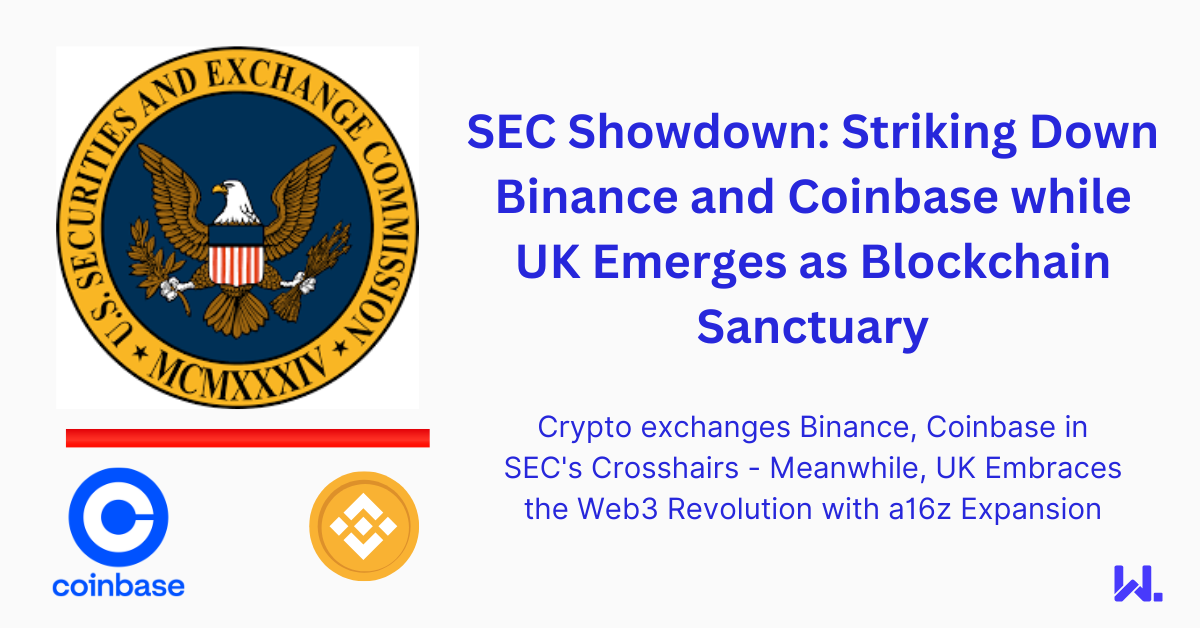The SEC takes on Kraken Staking Operations
The SEC recently decided to shut down Kraken's staking operations for U.S. customers, fining them $30m in the process. This is another example of legislation by enforcement, and what’s surprising was that Kraken was singled out here.
The SEC and staking
Kraken is one of the older crypto exchanges and has always toed the line with being one of the more legitimate entities in a space that has had its fair share of cowboy operations in it. Off the back of the FTX implosion, major exchanges such as Binance started offering proof of reserves to prove that they had the assets on their balances sheets matching customer deposits. Kraken first undertook a proof of reserves audit back in 2014, and in early 2022 (pre-FTX drama) they passed another audit successfully.
Kraken's willingness to undertake such measures proactively speaks to how they are willing to lead by example and establish best practices for their industry. This attitude made it all the more surprising that they were singled out for their activities, which apparently could have been avoided. They should have created an investor disclosure document and registered with the SEC their staking operations.
Oh man, all I had to do was fill out a form on a website and tell people that staking rewards come from staking? Wish I'd seen this video before paying a $30m fine and agreeing to permanently shut down the service in the US. How dumb do I look. Gosh. ⛽️💡https://t.co/UPdQdnI6xN
— Jesse Powell (@jespow) February 10, 2023
One has to question how much use an investor disclosure document would be for your average retail user. They’re akin to software terms and conditions insofar as the typical user or investor doesn’t pay attention to them.
With respect to their registration with the SEC, it's not entirely clear which form should be completed. Although, back when Coinbase submitted its draft registration statement on Form S-1 pre-IPO in December 2020, they did reference staking services and provide some details about how they operated. Presumably, this is what the SEC would like to have seen.
It is worth noting that this wasn't the first time Kraken has had a slap on the wrist by the regulators — in 2021 they were fined a somewhat smaller sum of $1.25m by the CFTC for failing to register as a futures commission merchant (FCM). This was because they were offering margined retail commodity transactions in digital assets, including Bitcoin.
The takeaway with all of this is that it's very hard for crypto exchanges to navigate the U.S. regulatory landscape when the legislation is non-existent and primarily being legislated by enforcement. One just hopes that we see more enforcement actions being focussed on those exchanges that are running true cowboy operations, not those trying to do right for their customers as much as possible.
One of the ironies of this whole affair was that in the same week that the SEC's enforcement action against Kraken came to light, fintech Revolut launched their crypto staking service in the UK and to a number of EU markets. Which just goes to show how much interest there is in these services. We're bound to see other fintech firms that offer crypto investment services following suit.
The staking opportunity
Regardless of regulatory actions in the U.S. staking services are not going anywhere. They provide a highly beneficial service not just for holders of cryptocurrencies, but also for the networks themselves.
When someone stakes a cryptocurrency, they earn a yield (typically in the 4-11% range), which offers the utility of helping to secure the blockchain network it is staked on. This is a real win/win relationship for both the holder and the cryptocurrency network.
Contrast that with the model offered by our traditional financial system (and some questionable crypto platforms such as Celsius), where they pay customers a yield for depositing their funds, and in return undertake some anonymous profit-making activity. In this regard, staking is a far more wholesome use of cryptocurrencies as there's an upside for everyone in the transaction. There isn't an imbalance where the larger parties benefit via economies of scale versus the smaller ones.
Blockchains do not profit directly from staking, it is baked into their security model. However, more staking activity can make them more valuable. This should be commended. It's also performed in a manner that is transparent – the mechanisms by which they work are clearly defined and implemented in open-source code.
As cryptocurrencies become an increasingly valuable asset class, the opportunity for staking services will only grow. It is a no-brainer opportunity for any exchange to embrace, and the worry with Kraken having to withdraw their offer is that consumers in search of yield will likely look to less well-run outfits.
Additionally, with more and more large enterprises and funds willing to hold cryptocurrencies on their balance sheet, there is very high demand for institutional staking. This will not abate, and demand is only going to increase. Especially when you consider that more and more enterprises are exploring opportunities for utilising public blockchain networks to distribute financial products (read my thoughts on this in the Future of Stablecoins and the Next Big Thing in DeFi).
If these enterprises are building products and services using the public Ethereum network or a layer 2 such as Polygon, what better way to contribute to its security than holding the native cryptocurrency of the network and staking it? This is another area in which we will see growth in demand for staking services. Companies won't just be contributing to the technology powering blockchain networks, but will also want to help secure it.
If centralised staking services continue to come under scrutiny all it will do is restrict access for the less technology-savvy holders of cryptocurrencies. There are plenty of ways in which individuals can stake natively on these networks. Taking Ethereum for instance. Some can run their own staking node, which requires a minimum of 32 Ether (approx $50,000). Alternatively, they can purchase staked Ether tokens such as Lido's STETH, RocketPool's RETH or Coinbase's CBETH to earn yields which ensures equitable access.
The barriers to entry here are higher to participate in this ecosystem, due to cost in the case of native staking and they need to be savvy enough to invest in different cryptocurrencies using a web3 wallet such as Metamask. However, these services will not be subject to the whims of regulators like centralised exchanges are.
If people end up being locked out by centralised staking opportunities, it will force the hand of increasingly more people to embrace self-custody opportunities for staking. This is not a bad thing as it results in an increasing number of people becoming "web3 natives". Those not willing, or able to invest in understanding how to do this will miss out on low-risk yields or will be drawn toward cowboy operations. Which is why going after one of the most reputable cryptocurrency exchanges for their staking offer appears somewhat short-sighted, especially when companies such as Celsius got away with so much for so long.
Regardless of further regulatory activities, staking is a key component of blockchain networks and is here to stay. Anyone wishing to hold these assets should have ways in which they can easily stake them. This is an important part of the democratisation of finance offered by digital assets — that scale is not a barrier to participation in these ecosystems. Preventing individuals from taking part is doing them a disservice and we should think carefully about locking them out of these ecosystems, especially when offered in an above-board manner.






